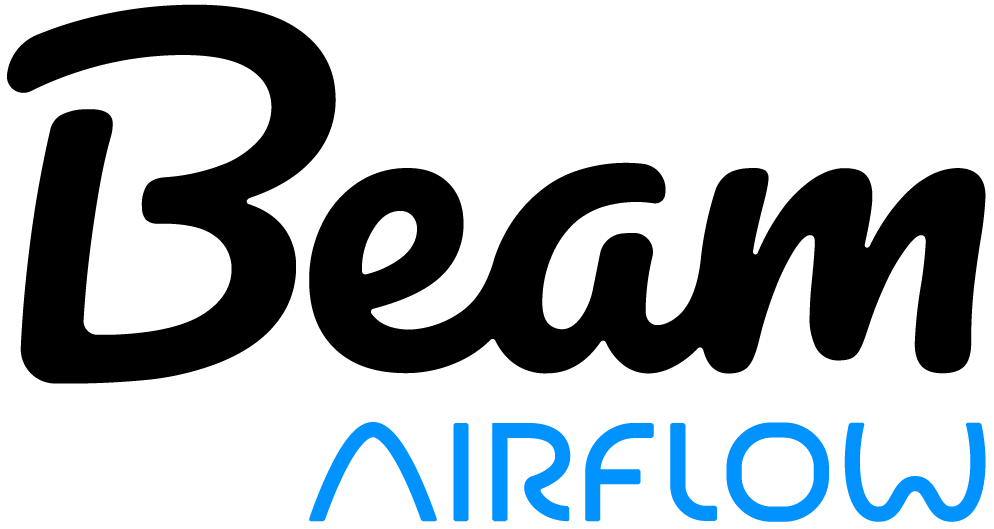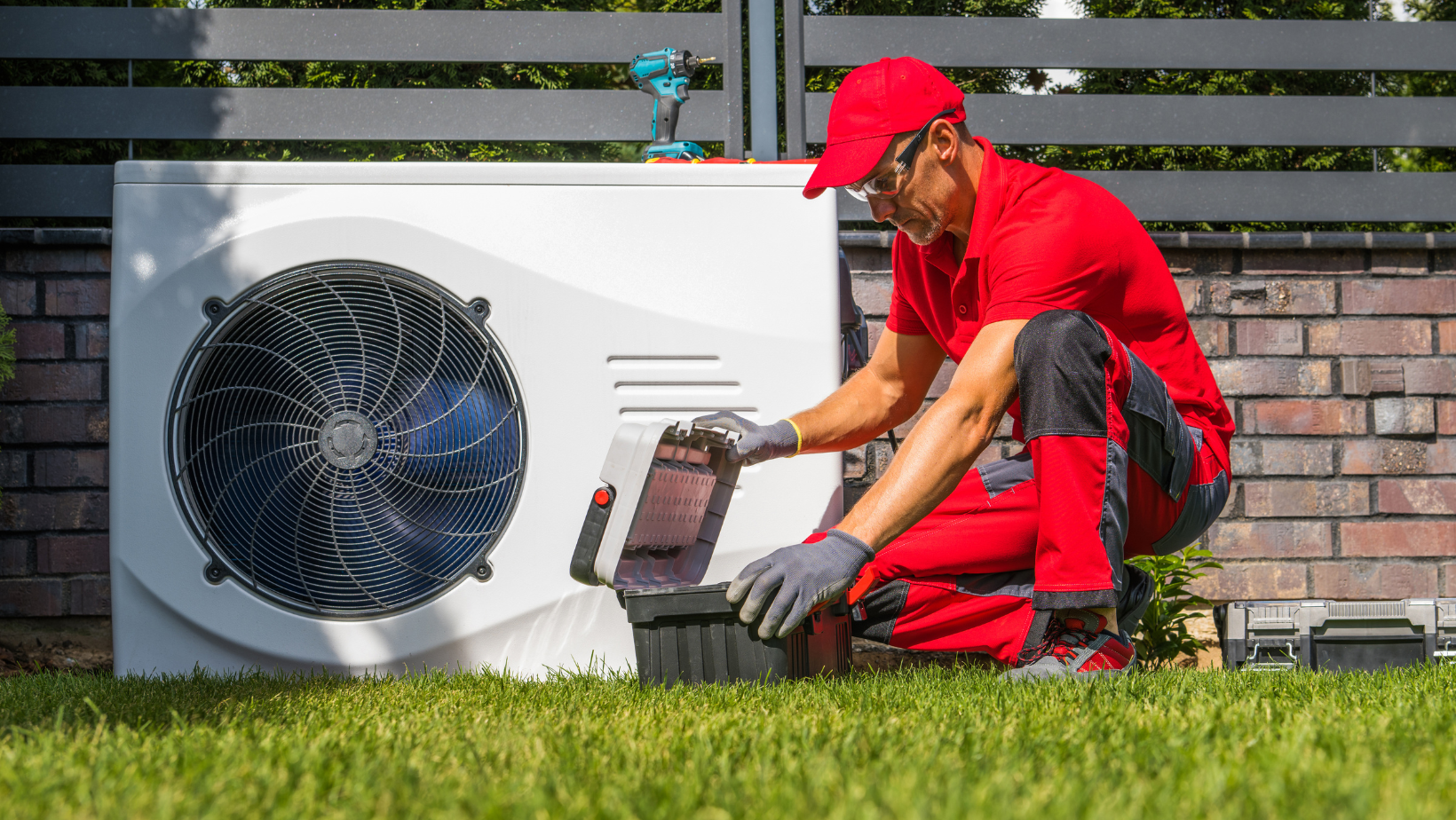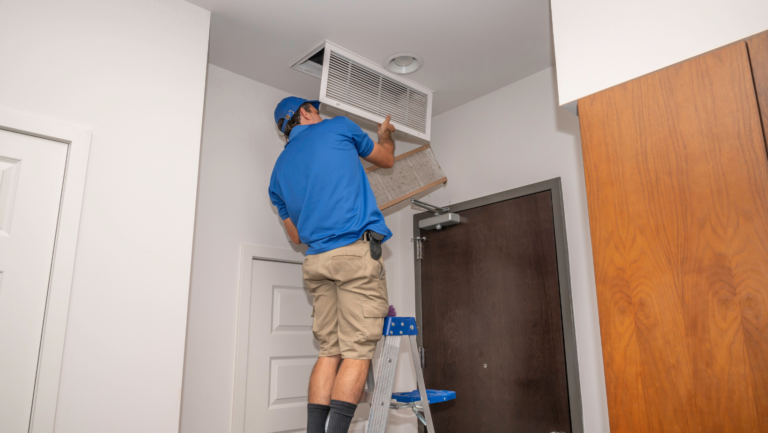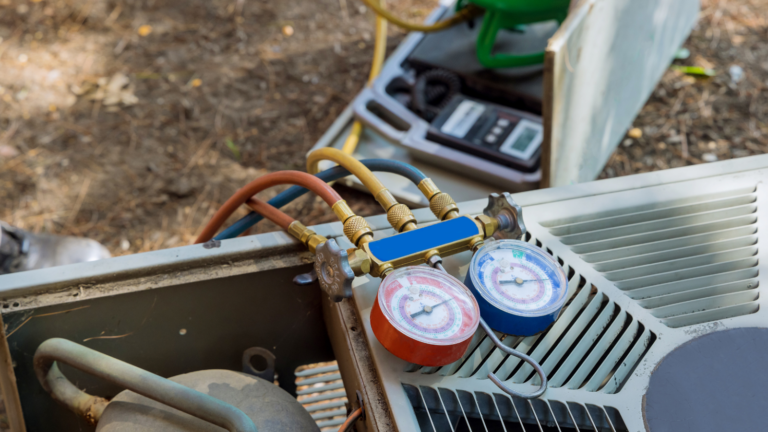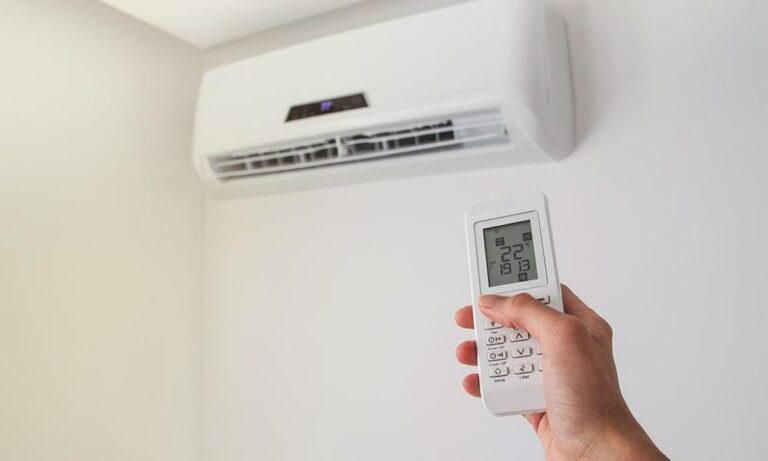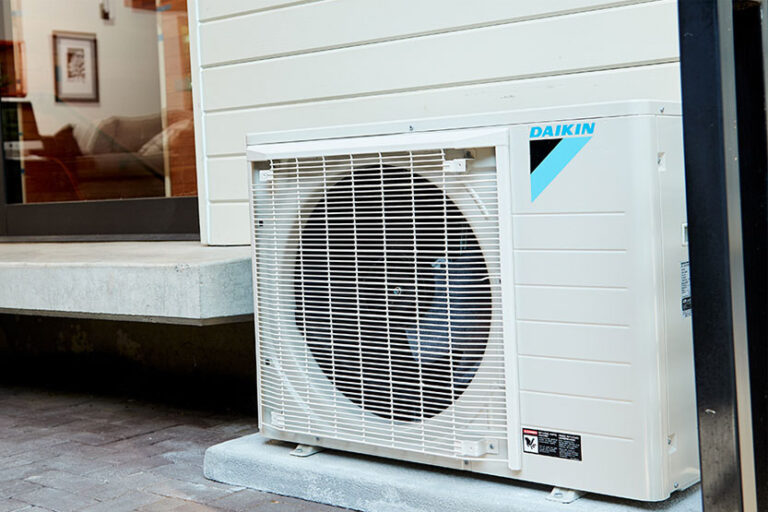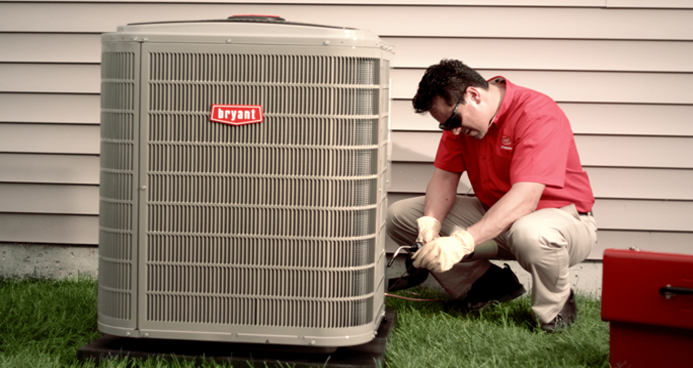Exploring the Cost Factors of a New HVAC System
Maintaining a well-functioning HVAC system is essential for the comfort and health of your home or workplace. These systems regulate temperature, control humidity, and ensure air quality. A malfunctioning or outdated HVAC system can lead to discomfort, higher energy bills, and even health issues. When the time comes, it is imperative to consider investing in a new system.
Cost is a significant consideration when it comes to replacing or installing a new HVAC system. Several factors influence the overall cost, including the type of system chosen, the system’s size, and the installation’s complexity. Factors such as energy efficiency and maintenance requirements can also impact long-term costs. To make an informed decision, it’s essential to understand these cost factors in detail.
Understanding HVAC Basics
To grasp the essentials of HVAC systems, you must first familiarize yourself with their components. HVAC systems typically consist of a furnace or heat pump, an air conditioner, a ventilation system, and ductwork. The furnace or heat pump provides heat during the winter, while the air conditioner cools the air during the summer. The ventilation system circulates and filters the air, and the ductwork distributes conditioned air throughout the building.
On average, a well-maintained HVAC system can last 15 to 20 years, though individual components may have different lifespans. Regular maintenance and timely repairs can extend the system’s longevity, ensuring it serves you efficiently for years.
Types of HVAC Systems
Centralized Systems
Centralized HVAC systems are the most common in homes and commercial buildings. They rely on a central unit, typically located in a basement or utility room, to provide heating and cooling to the entire space. These systems are efficient and can be customized to suit the specific needs of your property.
Ductless Mini-Split Systems
Ductless mini-split systems offer a versatile alternative to centralized systems. They consist of an outdoor unit connected to one or more indoor units, allowing you to control the temperature in individual rooms or zones. These systems are highly energy-efficient and ideal for spaces where installing ductwork is challenging or impractical.
Geothermal Systems
Geothermal HVAC systems harness the stable temperature of the earth’s subsurface to provide heating and cooling. While they have a higher upfront cost, they are exceptionally energy-efficient and environmentally friendly. Geothermal systems are a long-term investment that can significantly reduce energy bills.
Sizing Your HVAC System
Proper sizing of your HVAC system is paramount for its efficient operation. An oversized system will cycle on and off frequently, leading to energy wastage and temperature fluctuations. Conversely, an undersized system will struggle to maintain the desired temperature, resulting in discomfort and excessive wear and tear. To ensure optimal performance and energy efficiency, it’s essential to size your HVAC system correctly.
Several factors influence the sizing of an HVAC system, including the size of the space to be conditioned, the climate in your region, insulation levels, and the number of occupants. A professional HVAC contractor will calculate the load to determine the appropriate size for your system.
Energy Efficiency Ratings
Understanding energy efficiency ratings is crucial when evaluating HVAC systems. Two key metrics are SEER (Seasonal Energy Efficiency Ratio) and EER (Energy Efficiency Ratio). SEER measures the cooling efficiency of an air conditioner or heat pump over an entire season, while EER provides a snapshot of efficiency at a specific moment. Higher SEER and EER ratings indicate greater energy efficiency and lower operating costs, making them important factors to consider when selecting a system.
Investing in a more energy-efficient HVAC system may come with a higher initial price tag, but it can lead to significant savings in the long run. Systems with higher SEER and EER ratings are generally more expensive upfront but can substantially reduce your monthly energy bills.
Upfront Costs Breakdown
The upfront cost of an HVAC system comprises two main components: the cost of the equipment itself and the cost of installation. Equipment costs vary depending on your chosen system’s type, brand, and capacity. High-efficiency systems with advanced features often have a higher price tag, while basic models are more budget-friendly.
Professional installation is essential to ensure your HVAC system functions correctly and efficiently. Installation charges can vary based on system complexity, location, and any necessary modifications to your existing infrastructure. It’s advisable to obtain multiple quotes from reputable HVAC contractors to compare installation costs and choose the most competitive and reliable option.
In addition to equipment and installation costs, there may be other fees and considerations. These may include permits, ductwork modifications, electrical work, and disposal of old equipment. Discussing these potential expenses with your HVAC contractor upfront is essential to avoid unexpected costs during the installation process.
Operating Costs Over Time
Energy efficiency is not only about reducing your environmental footprint but also about saving money over time. A highly efficient HVAC system consumes less energy, lowering monthly utility bills. The energy savings can be substantial and can offset the higher initial investment in an energy-efficient system, making it a cost-effective choice in the long term.
Regular maintenance is essential to keep your HVAC system operating efficiently and extending its lifespan. Maintenance costs typically include filter replacements, cleaning, and occasional repairs. Neglecting maintenance can lead to higher operational costs and potentially costly breakdowns, so budgeting for routine servicing is essential to ensure your system remains in top condition.
Hiring the Right HVAC Contractor
Selecting the right HVAC contractor is essential for a successful installation. Look for qualities such as experience, certifications, and a solid reputation in the industry. A reputable contractor should be licensed and insured, demonstrating their commitment to professionalism and quality work. Additionally, consider reviews and recommendations from previous customers to gauge their customer service and reliability.
When meeting with potential HVAC contractors, asking the right questions can help you make an informed choice. Inquire about their experience with the specific type of HVAC system you’re considering, warranty offerings, and maintenance services. Request a detailed written estimate that outlines all costs and work to be performed. Clear communication and transparency in the consultation process indicate a trustworthy contractor.
Balancing Cost and Quality
While upfront costs are a consideration, prioritizing quality installation is crucial for long-term savings and the performance of your HVAC system. A properly installed system operates efficiently, reducing energy consumption and the risk of breakdowns. Skimping on installation quality may lead to ongoing problems, higher operating costs, and a shorter system lifespan, ultimately costing you more in the long run.
When evaluating HVAC options, balancing initial costs and long-term savings is essential. While energy-efficient systems and quality installations may have a higher upfront price, they often provide substantial returns in lower energy bills and fewer repairs over time. Consider your budget, but also factor in the potential for significant cost savings and increased comfort when making your decision.
Summary of Key Considerations
Understanding the various facets of HVAC systems, from cost factors to energy efficiency and maintenance considerations, is essential for making informed decisions that balance comfort and affordability. While upfront costs are a significant consideration, it’s important to recognize the long-term benefits of energy-efficient systems and quality installations.
By adopting energy-saving practices and investing in routine maintenance, you can maximize your HVAC system’s efficiency and minimize operational costs over time. Additionally, selecting the right HVAC contractor with experience and a commitment to quality can ensure a successful and cost-effective installation.
Ultimately, finding the equilibrium between cost and quality will provide comfort and savings today and enhance your HVAC system’s performance and durability well into the future.
